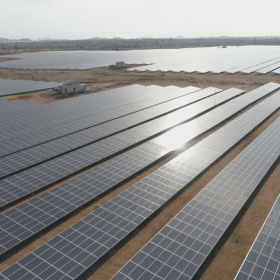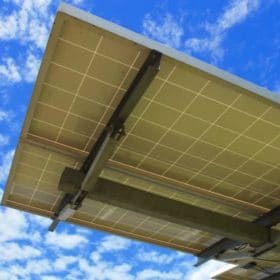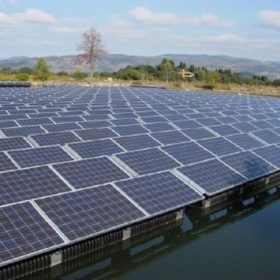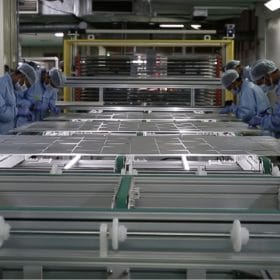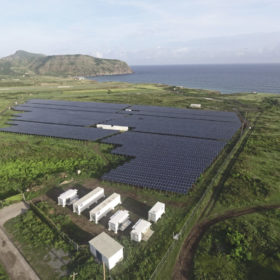Germany’s Belectric bags 100 MW+ project from Cleantech Solar
The company has signed an agreement with Cleantech Solar for a PV project with a capacity of more than 100 MW. The project—to be delivered in three phases—is expected to be completed within this year.
AC Energy, UPC Solar JV raises funding to develop 100 MW Rajasthan project
UPC-AC Energy Solar has closed a debt-to-equity financing deal with the US International Development Finance Corporation (DFC) to develop a 100 MW PV project in Rajasthan.
Haryana plans 93 MW solar power capacity
The Haryana Power Generation Corporation Limited (HPGCL) plans to develop 77 MW solar capacity on its own land and 16 MW on land owned by village councils.
Electric car maker Triton-EV registers India office
The US-headquartered company has registered its Indian arm by the name of Triton Electric Vehicles India in New Delhi as it plans to capture the nation’s growing EV market. It is also in discussion with a few states to set up a factory.
Drones playing a critical role in India’s solar boom
Drones, in combination with artificial intelligence, are helping to drive powerful insights, allowing teams to make better-informed decisions throughout the solar project development lifecycle.
India’s largest floating solar power plant to go online by June
The 100 MW facility in the Indian State of Telangana is owned by NTPC. It is being built upon the Sri Ram Sagar Project reservoir that meets the NTPC Ramagundam thermal power station’s water requirements.
Solar manufacturer wants customs duty waiver to domestic sales by SEZ units
Domestic sales by manufacturing units located within special economic zones (SEZs) are treated as exports, attracting customs duty levy. This puts the SEZ manufacturers at a disadvantage compared to those in the domestic tariff area.
Solar modules to face 40% customs duty, and cells 25%, from next year
India’s finance ministry has approved the proposal to levy the duty from April 2022. Customs notification of the move will be issued at a later date.
India, Sweden to fund joint R&D in renewable energy and storage
The Department of Science & Technology, Government of India, and the Swedish Agency for Innovation Systems (Vinnova) have issued a call for joint R&D proposals in renewable energy, electric vehicles and energy storage. The deadline for the submission of proposals is May 6.
LONGi Solar was India’s biggest module provider in 2020
The Chinese manufacturer shipped over 1,500 MW (DC) of modules last year, accounting for a 15.6% share of the total 9,478 MW module supplies in the nation.
